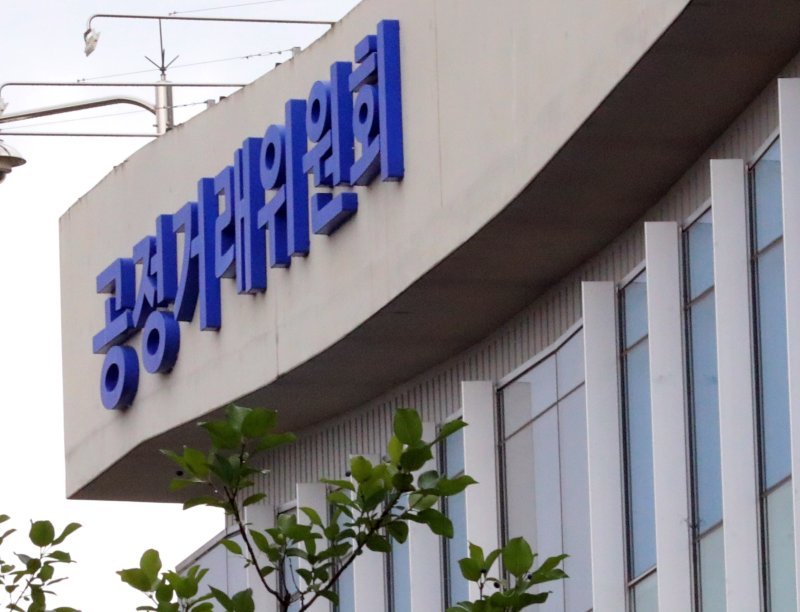[Editorial] Breaking the Stereotype of the Separation of Industrial and Financial Capital to Open New Investment Pathways for Corporations
- Input
- 2025-11-25 18:43:12
- Updated
- 2025-11-25 18:43:12

The separation of industrial and financial capital has served as a regulation to prevent financial institutions from becoming private coffers for conglomerates and to curb the concentration of economic power. The positive impact of this principle and its role in our society and market cannot be denied. However, the global economic order is changing rapidly. The United States of America (U.S.A.) is investing over 700 trillion won in its Stargate Project, while Japan is supporting Rapidus Corporation with 27 trillion won in a bid to secure semiconductor sovereignty. China is also pouring astronomical sums into the semiconductor and AI sectors. While the scale of investment is important, timely and targeted execution is even more critical. Given the heightened uncertainty in industry, easing the separation of industrial and financial capital would allow for more flexible approaches to enterprises and projects with high future value. There is growing concern that Korean companies, constrained by these regulations, may be missing out on valuable opportunities.
Of course, this does not mean the separation of industrial and financial capital should be abolished outright. Joo Byung-ki, Chairperson of the KFTC, has described easing this separation as a 'last resort' and maintains a cautious stance. Nevertheless, he has indicated that if absolutely necessary in the field, a temporary special law could be considered. This would entail maintaining the core principle but allowing exceptions for advanced strategic industries within a set timeframe. The Democratic Party of Korea (DPK) is also addressing the issue through proposed amendments to the Monopoly Regulation and Fair Trade Act (MRFTA). These varied approaches suggest there are many ways to overcome the current challenges posed by the separation of industrial and financial capital.
Furthermore, any move to ease this separation must be accompanied by clear boundaries and conditions. By establishing safeguards to prevent the collapse of the core principle, the door can be opened to institutional reform.
Treating the separation of industrial and financial capital as an inviolable principle and blocking any discussion of its relaxation is an outdated mindset. What is needed now is not rigid adherence to principle, but the pursuit of practical solutions. Other advanced nations are adjusting their regulations to enhance competitiveness in advanced industries, so there is no reason for Korea to remain bound by dogma. Semiconductors and AI are not merely industries—they are strategic assets directly linked to national security. Korea must not lose valuable time in regulatory debates while opportunities pass by. Failure to invest due to regulatory constraints ultimately amounts to a national loss. While the core of the separation principle should be preserved, a practical and wise approach is required to open new investment pathways in advanced industries.